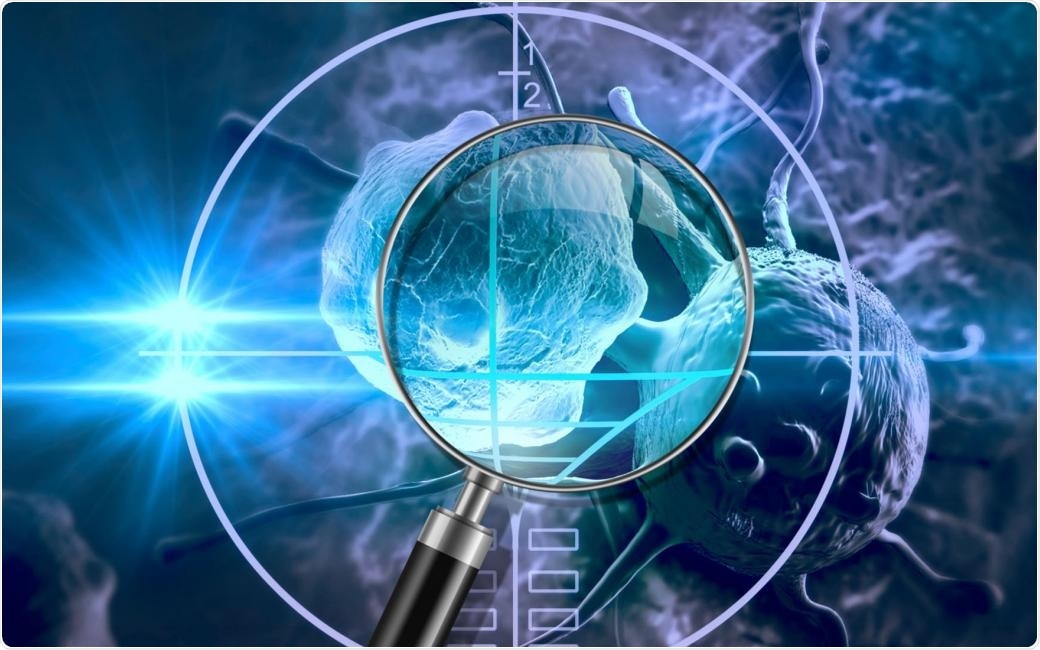Scientists from the University of Helsinki, for the first time, demonstrated that normal human fibroblast cells can be converted to specific cancer cells through factors that are generally identified in actual human patients. Earlier research works could achieve this only by employing powerful viral factors that are uncommon in human cancers.

Image Credit: Mostphotos.
As most human cancer types still lack precise diagnostic markers or effective targeted therapies, this mechanistic foresight is vital for creating new diagnostic and treatment options.
Novel approach revealed cellular identity as a major determinant of how a human cell transforms into a cancer cell
The research team of Professor Jussi Taipale of the Academy of Finland’s Center of Excellence in Tumor Genetics Research created a novel cellular transformation assay for identifying the mutations that induce human cancer on a molecular level.
Employing this novel assay, scientists were able to pinpoint a minimal set of defined factors that could convert a normal human fibroblast cell to a liver cancer cell. They also found that cellular lineage and differentiation stage are vital factors that ascertain a cell’s response to oncogenic mutations. This offers a mechanistic proof-of-principle for comprehending why some mutations induce cancer in specific tissues.
The research was headed by Dr. Biswajyoti Sahu and was published in the Oncogene journal.
This is a first-of-its-kind study that introduced a novel approach to systematically investigate molecular determinants causing human cancers.”
Dr Biswajyoti Sahu, University of Helsinki
The ingenious feature of the novel cellular transformation assay is to use cellular transdifferentiation, where human fibroblast cells are converted to a different cell type through defined transcription factors, and to uncover the cells to oncogenic factors during this transdifferentiation mechanism.
Since previous cancer genome sequencing studies have reported mutations in over 250 genes in different human tumor types, novel methods for studying their effects on tumorigenesis are highly warranted.”
Dr Biswajyoti Sahu, University of Helsinki
New openings for the development of diagnostics
Cancer can arise from numerous different human tissues. Even though the common trait of all cancers is malignant growth, the result of mutations in genes regulating crucial cellular processes like apoptosis and proliferation, similar mutations do not induce cancer in all tissues. However, the reason why a specific mutation induces cancer in some tissues but not in others is not well known.
In this research, the scientists pinpointed the set of factors that can convert normal cells to liver cancer cells by systematically analyzing various mutations that have been reported earlier in human liver tumors.
Our focus was on liver cancer, but importantly, a similar approach can be used for studying various other human cancer types. Thus, this study can have a major impact on a better understanding of tumorigenic mechanisms in the future.”
Jussi Taipale, Professor, Center of Excellence in Tumor Genetics Research, Academy of Finland
Source:
Journal reference:
Sahu, B., et al. (2021) Human cell transformation by combined lineage conversion and oncogene expression. Oncogene. doi.org/10.1038/s41388-021-01940-0.